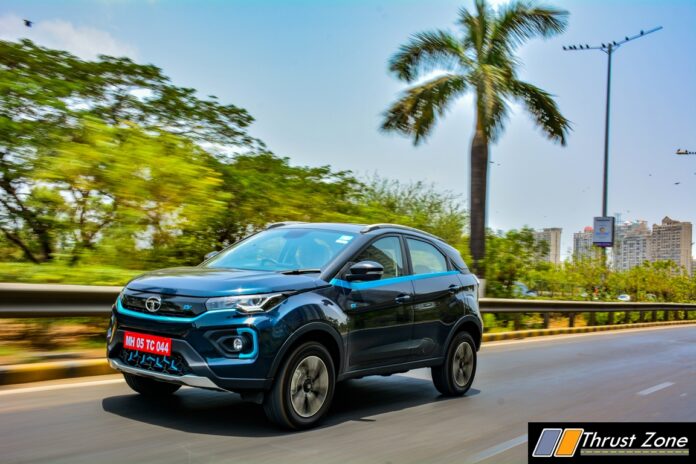Finding the right car can be overwhelming. After all, you need to purchase a vehicle that meets your budget and lifestyle while taking into account how much insurance premiums will cost. Fortunately, understanding which cars have the most economical insurance rates is key in finding your new set of wheels.
For instance, in Canada, car insurance makes up 40% of the market share of the insurance industry, with premiums reaching as high as $1,800. Read on to learn several factors that could affect the rate of your insurance policy.
Evaluate the Safety Features of the Car
The safety features of a car, such as anti-lock brakes, side airbags, and electronic stability control, are becoming increasingly important in determining insurance rates. Luckily, many of today’s cars come standard with these features, giving prospective buyers peace of mind and potentially lower insurance bills. Make sure your next vehicle is equipped with the highest level of safety measures possible to ensure your financial security and safe drive.
Compare Different Car Models and Their Associated Insurance Rates
If you’re in the market for cars with low insurance rates, be sure to research the different models and what their associated insurance rates might be. Between SUVs, sedans, minivans, and more, you have a world of possibilities—some with higher insurance costs than others.
For example, mid-size SUVs tend to have lower rates than sports cars while hybrid cars typically have the lowest insurance cost. It’s important to consider both your budget and preferences before purchasing a car, although vehicles with lower insurance rates can help save on associated costs over time.
Consider How the Type of Car Affects Insurance Rates
The type of vehicle you drive has a major impact on your insurance rate. For instance, luxury cars often have some of the highest insurance costs due to their higher repair and replacement prices in case there is an accident. That means insurers need to account for these extra expenses by charging more from their customers. So, if you want cheaper car insurance, consider buying a more ordinary car instead.
Look For Potential Discounts
Investigating discounts available on your car insurance can slash monthly costs significantly. The best way to uncover savings is to look into multi-car policies, loyalty programs, and other options that may be a match for your needs. Whether you have just one car or multiple vehicles to insure, there is sure to be an offer tailored to your situation. Doing a little research now could save you time and money in the long run, and help get you the lowest rate for your insurance.
Research Any Additional Costs Associated With Particular Makes or Models
Something to consider when researching cars with the lowest insurance rates is any additional costs associated with particular makes or models. For instance, some cars may be more expensive to repair due to complicated and rare parts or have higher instances of theft due to their popularity among thieves. Researching these potential additional costs for different makes and models can help you make an informed decision about which car best fits your budget and needs.
Consider Whether a Used Vehicle Might Be a Better Option Than a New One
Insurance companies charge higher rates for brand-new cars due to the more expensive replacement costs, but an older model can mean lower rates. Additionally, car depreciation is taken into consideration when it comes to insurance premiums. So, if you purchase an older version of your desired vehicle, there could be hundreds of dollars in annual savings—just one more incentive to opt for pre-owned instead of new.
Consider all angles when shopping around for the best insurance rates. Something that might have seemed like an impossible task just a few years ago is now easier than ever with online comparison tools.
Bottom Line
Car insurance rates depend on a variety of factors, and we mentioned some of the ones you can control. However, insurance companies take into account the driver’s age, gender, and driving history as well. In general, smaller and older vehicles that are more common have lower insurance rates than newer, high-end models. Make sure to shop around and compare offers before making the final decision.




